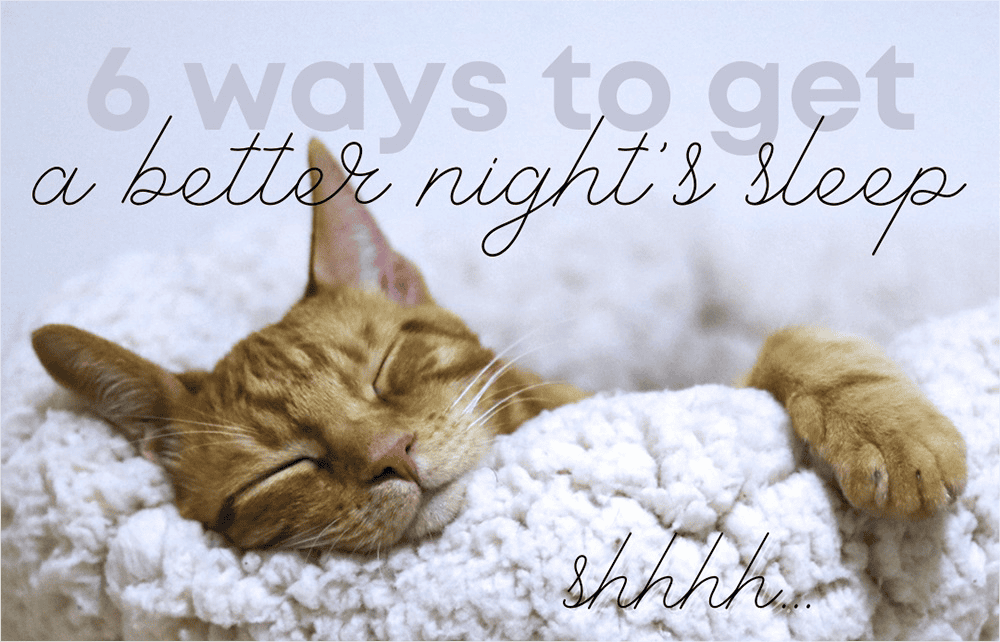According to the Centers for Disease Control and Prevention (CDC), more than one-third of U.S. adults routinely sleep fewer than six hours a night. That’s bad news because the benefits of adequate sleep range from better heart health and less stress to improved memory and weight loss. This past month has been National Sleep Awareness Month – so check out these tips to help you get better sleep!
1. Develop a sleep routine.
One in three adults don’t get enough sleep. For adults ages 18-60, it’s recommended that we get seven or more hours of sleep per night. Sleep helps with your overall mood, immunity and helps you think clearly.
Be consistent. Going to bed at the same time every night, even on weekends, holidays and other days off, helps to establish your internal sleep clock. Avoid taking naps longer than 20 minutes during the day.
2. Get some exercise.
Regular exercise helps you sleep better. But, be sure to wrap up your workout session several hours before bedtime so that you’re not too revved up to get a good night’s sleep.
3. Change your diet and stop smoking.
Cut out food and drinks that contain caffeine, such as coffee, tea, soft drinks and chocolate, by 2 p.m. Don’t eat a heavy meal before bed.
Nicotine is a stimulant, just like caffeine. Tobacco can keep you from falling asleep and make insomnia worse. Smoking also makes sleep apnea worse, which can make it difficult to get restful sleep.
4. Say no to a nightcap.
Alcohol can make you sleepy at bedtime, but beware. After its initial effects wear off, it will make you wake up more often overnight. Avoid drinking alcohol at least three hours before bed. Warm milk and chamomile tea are better choices.
5. Take time to clear your mind.
Schedule a chunk of down time before bed to clear your mind, relax your body and get ready for bed. Taking a bath, listening to calming music or meditating are great ways to transition your body into sleep mode. Don’t discuss stressful or anxiety-provoking topics before bed.
6. Make your room a sleep zone.
Environmental factors affect sleep more than most of us realize. Make sure your room is not too hot and not too cold. Put your gadgets away an hour before bedtime to fall asleep more quickly and sleep more soundly. Light tells your brain that it’s time to wake up, so make your room as dark as possible for sleep. Keep your room dark by using black-out curtains. Even a small amount of ambient light from your cell phone or computer can disrupt your sleep.
Visit QualChoice.com for more health and fitness tips.
Column by QualChoice Health Insurance. All source information courtesy of the Centers for Disease Control and Prevention (CDC) and the American Psychological Association.





